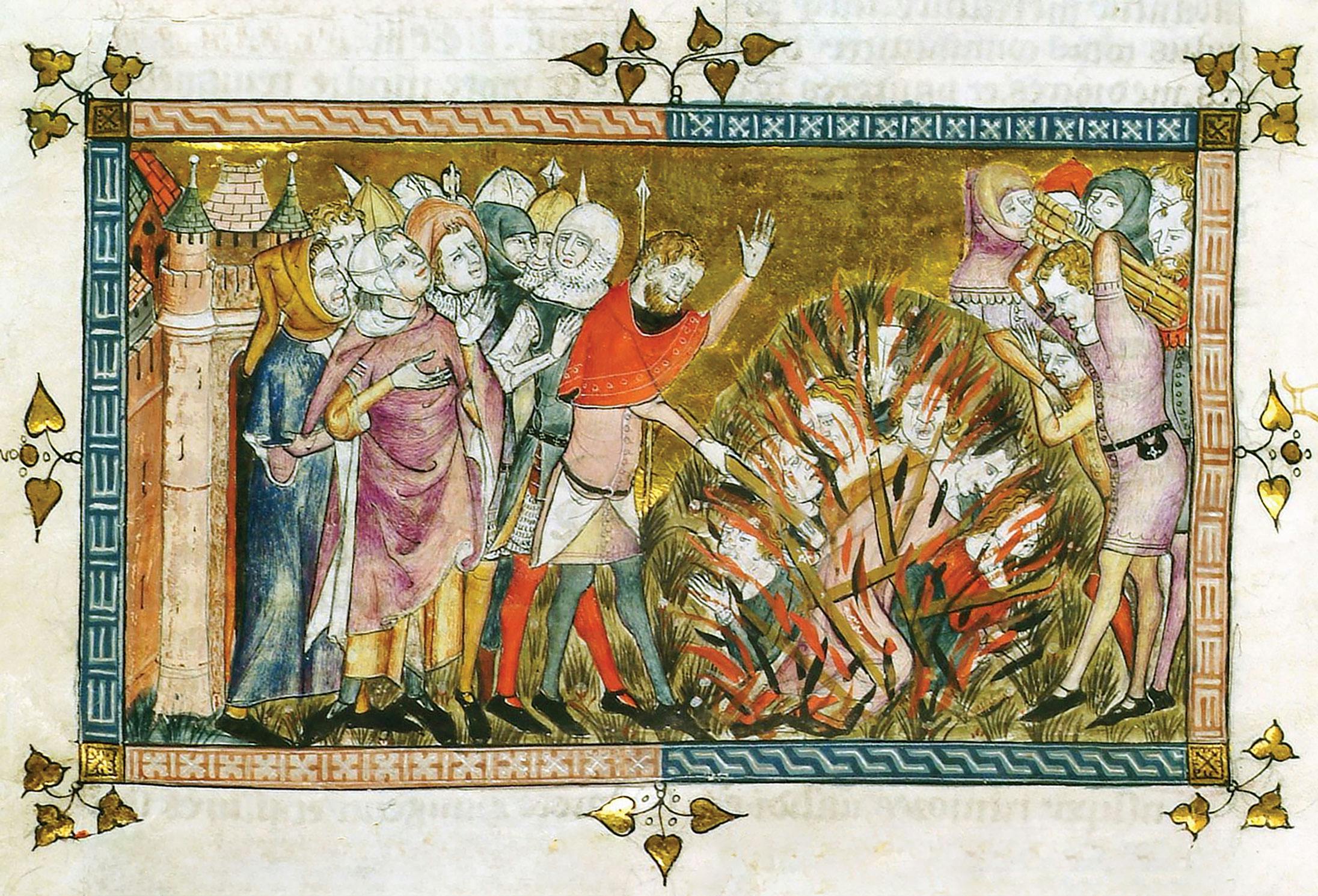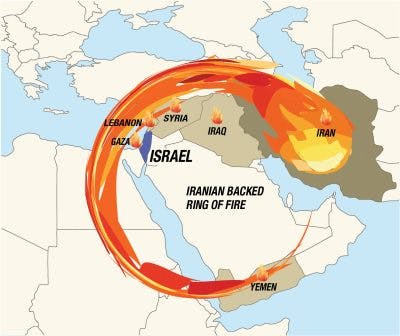Echoes of the Ottomans
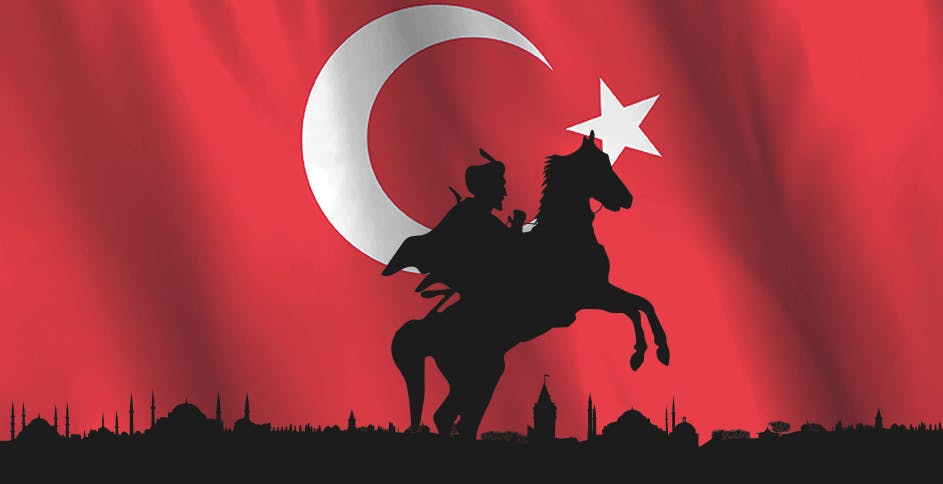
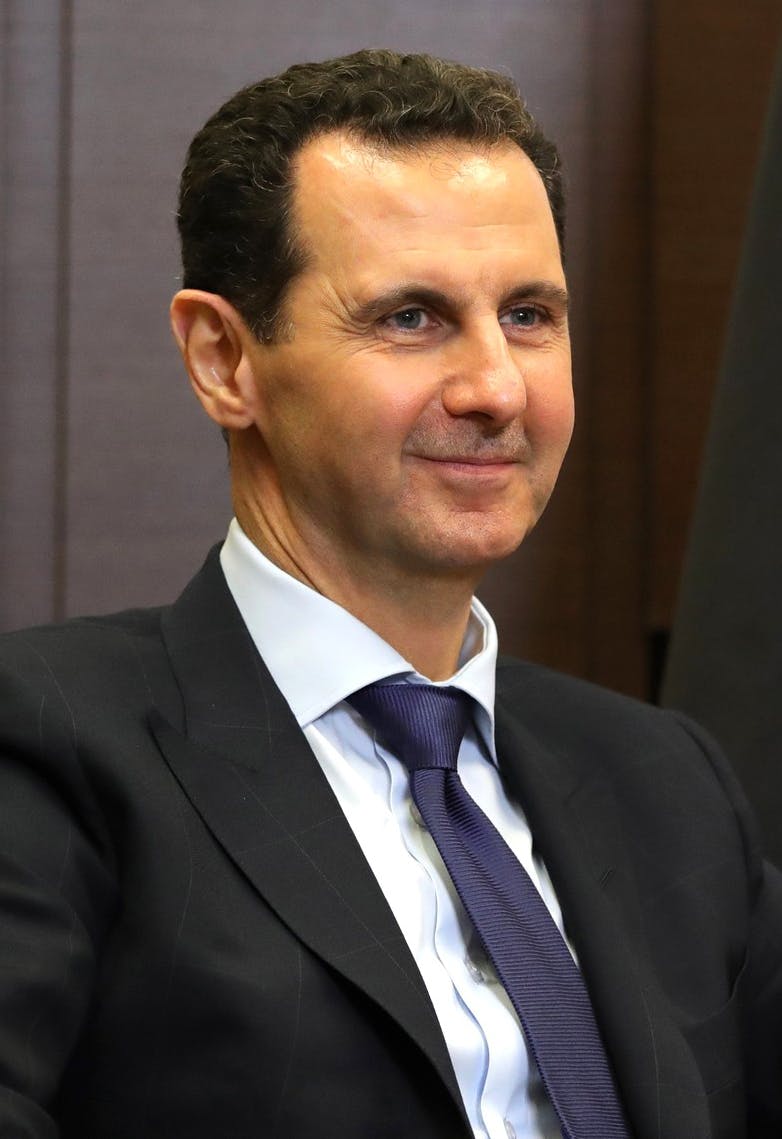
Nature abhors a vacuum. This age-old principle applies just as much to geopolitics as it does to physics. When regimes collapse, dictators fall or wars end, someone inevitably rushes in to fill the void. Syria is no exception.
Thirteen years after the Syrian Civil War began, the conflict reached an unexpectedly swift end in December 2024, when Damascus fell to a rebel coalition led by the Islamist militant group Hayat Tahrir al-Sham (HTS). The fall of Bashar al-Assad—and five decades of Assad family dictatorship—has left Syria at a crossroads. Whether HTS leader Ahmad al-Sharaa brings real change or just new chaos remains debated.
But Assad’s flight into exile didn’t just close a chapter—it opened a void. For over a decade, Russia and Iran bankrolled Assad’s survival, trading money, weapons and military support for a strategic foothold in the heart of the Middle East, practically on Israel’s doorstep.
Now, with Assad gone and his backers largely retreated to their own shores, the question is no longer who lost Syria, but who might be coming to claim it.
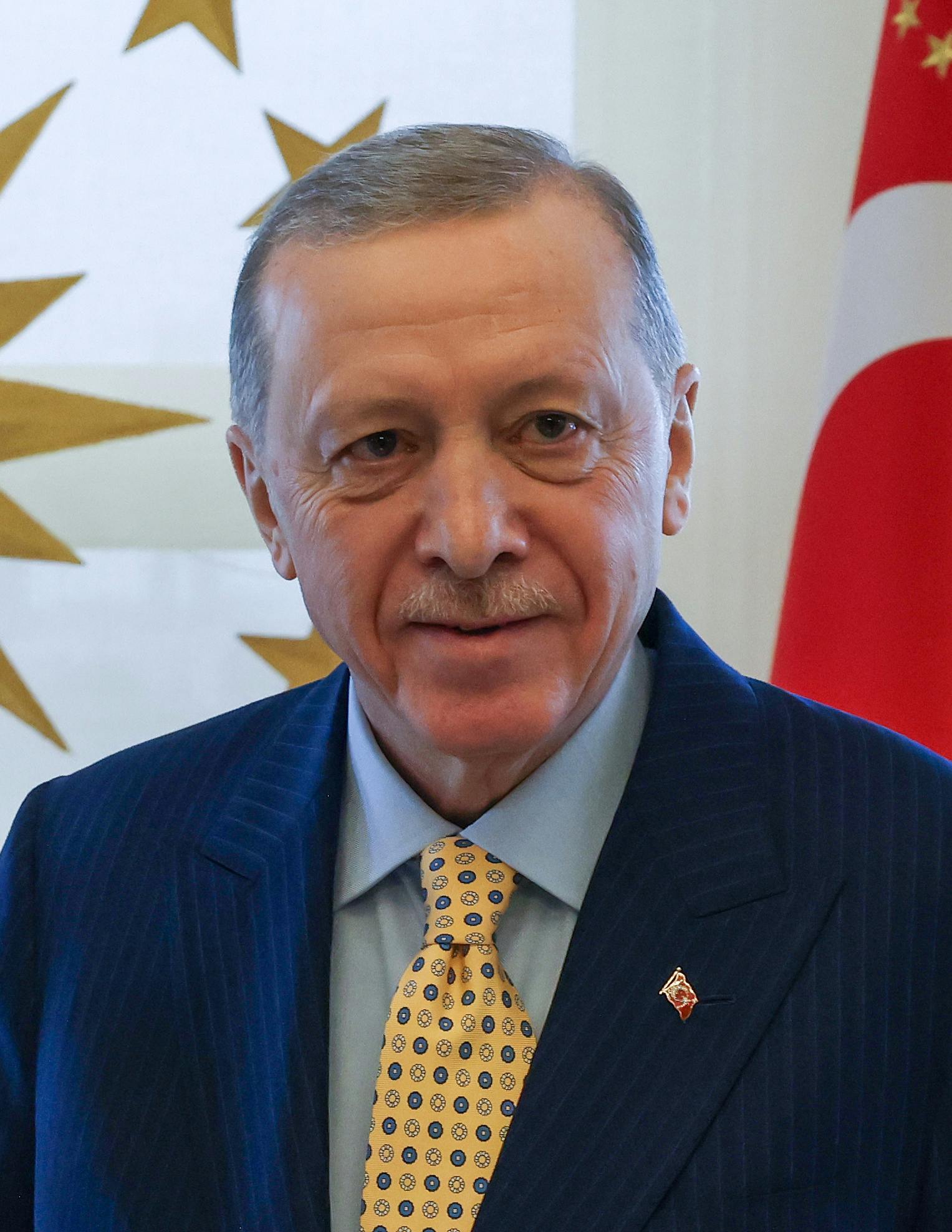
Turkey’s Turn
Among the powers circling the vacuum, one stands out—much to Israel’s alarm: Turkey. Turkish President Recep Erdoğan and Assad were once thick as thieves. But in 2011, as the Arab Spring shook Assad’s grip on power, Erdoğan saw an opportunity to replace the Alawite Assad regime in neighboring Syria with a Sunni Islamist rule loyal to Ankara. His strategy? Bolstering Syrian opposition elements—including extremist groups—with the finances, weapons and logistical support they needed to topple the regime.
By 2017, Turkey had sired the Syrian National Army (SNA)—a coalition of opposing militias—under the guise of a stabilizing force providing security on the Turkish–Syrian border. In reality, the SNA is a Turkish-owned entity with ties so close to the Turkish government that it’s been described as an auxiliary arm of the Turkish Armed Forces, with its fighters even deployed to fighting Turkish wars in Libya and the Caucasus.
By 2019, Turkey’s grip on northern Syria was secure. Turkish currency replaced the Syrian pound. Ankara appointed civilian administrators, opened post offices and established a parallel governance structure. SNA fighters enforced a brutal regime over these territories, marked by extortion, abduction and sexual violence.
Turkey’s ties with HTS have historically been cautiously diplomatic. While Turkey officially labeled HTS a terrorist organization, it never severed ties. Turkish troops protected the HTS-controlled Idlib region from regime forces for years, enabling the group to govern unchallenged and manage international aid flow. This pragmatic collaboration paid off. When HTS spearheaded the final offensive against Assad, the SNA joined in. And as soon as the Syrian regime fell, Turkey began cashing in on over a decade of investment in the Syrian opposition.
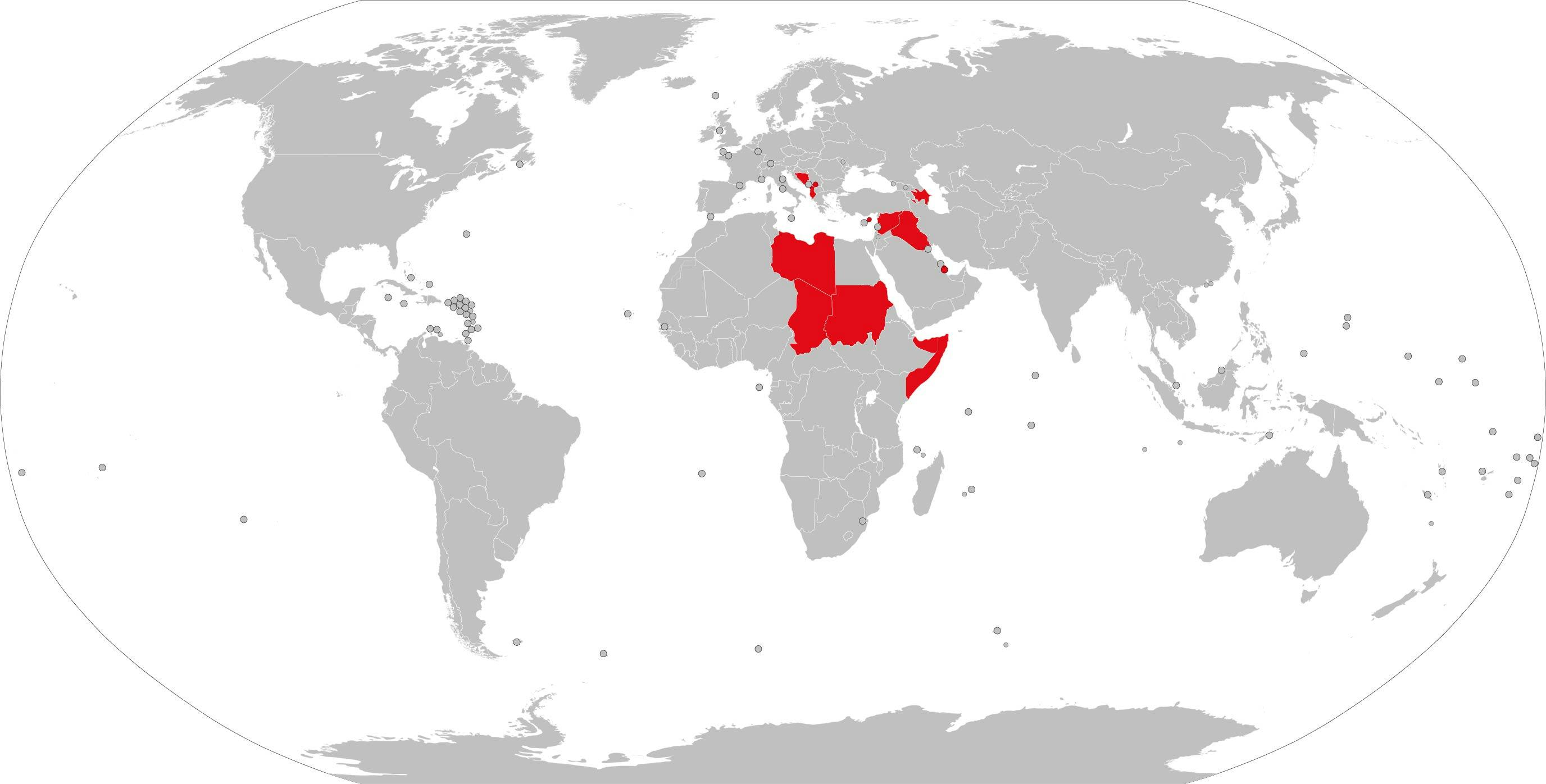
Ready to Pounce
Out of all the region’s major players, only Ankara has the channels of communication, shared history and record of trust in place to fill the void Russia and Iran left when Assad toppled. And Erdoğan certainly wasted no time leveraging that prime position.
Within days of HTS’s victory, Ankara reestablished diplomatic representation in Damascus. Turkish foreign and intelligence officials met with HTS leaders. Soon after, interim president al-Sharaa traveled to Ankara for one-on-one time with Erdoğan.
Turkey is stepping into the role of big brother, supporting a new Syria rising from the ashes with everything from military aid to reconstruction and business partnerships. There are talks of signing defense pacts, new Turkish airbases in central Syria and joint military drills.
Erdoğan and al-Sharaa’s fast friendship didn’t come as much of a surprise. There’s history there, after all. But more importantly, there’s intent. Particularly from Turkey’s side.
The Sultan Speaks
“Jerusalem is ours,” Erdoğan declared in 2020. Then, when a crowd chanted, “Take us to Jerusalem” after his 2024 speech in Mardin, Erdoğan didn’t scold them. He answered, “Patience brings victory.” And lest there be any attempt to spin Erdoğan’s intent, both his coalition partner and son have pledged that Turkey would take the fight to the heart of the matter: Jerusalem.
Turkey, the successor state of the Ottoman Empire that occupied and ruled Jerusalem from 1516 to 1917, has long stressed its enduring connection to Israel’s capital, railing at the Jews’ so-called efforts to “judaize” the ancient city. Yet by their own admission, Erdoğan and his ilk have clearly set their sights on something bigger than a nostalgic affiliation. Turkey is reviving its imperial past, aiming to restore Ottoman-era dominance over the Middle East, with Jerusalem a crucial dot on the map bearing witness to Turkish hegemony.
While the international spotlight has been elsewhere, the Turks have pounced on every political vacuum in the Middle East. Today, Ankara has permanent military bases in eight regional countries, including Iraq, Qatar, Somalia, Chad, Cyprus and Syria. Erdoğan’s tactic is clear. Syria was never the final goal. Rather, al-Sharaa’s transitional government is a stepping stone, the next move in Turkey’s “neo-Ottoman” strategy that aims to restore Turkish dominance in the region and reestablish Ankara as the seat of Middle East power.
Exchanging One Enemy for Another
In March, Turkey reportedly scouted three Syrian airbases for future use. Israel responded with devastating airstrikes, destroying them all. “It was a tough message,” a Syrian intelligence officer said. “Israel won’t accept the expanded Turkish presence.”
That’s also why Israel is serious about maintaining a presence in southern Syria, experts say. Jerusalem wants Ankara on notice, essentially telling Erdoğan, “We see your plan. And we’re warning you: don’t!”
Israel is also hard at work on the diplomatic front. Jerusalem has petitioned Washington to rein in Turkish ambitions and proposed a division of Syria into influence zones: the US in the east, Russia in the west, Turkey in the north, Israel in the south, and the transitional government in what’s left—for now.
Delegations from Turkey and Israel also met in Azerbaijan in April to discuss a deconfliction mechanism. During the meeting, Israel reportedly “made it unequivocally clear that any change in the deployment of foreign forces in Syria, in particular the establishment of Turkish bases in the Palmyra (Tadmor) area, is a red line,” an official said.
Jerusalem knows that a collision course with Ankara spells disaster due to its unique positon: NATO member; good ties with Russia, the West and even Iran; a robust economy and a sophisticated military industry base. Compared to radical extremist Iran, Turkey seems moderate, pragmatic, normal.
Israel may have celebrated Iran’s retreat from Syria, but Jerusalem now sees Ankara as a potentially greater adversary—one with history on its side, allies in its pocket and an eye on the very heart of the Jewish state. Turkey’s ideological claims on Jerusalem, its military expansion, and its diplomatic maneuvering are all signs of a state with grand ambitions.
The Ottomans may not be back in name—but in spirit, have they ever left?

Discover Your Purpose and God’s Heart For You
In today's divided, turbulent world, it's essential for the Church to rediscover God's heart. Our free e-book, authored by a seasoned expert with three decades of experience in Israel, delves deep into the teachings of Jesus (Yeshua) to reveal God’s principles of love and purpose. Learn how embracing these truths can bring significance and impact to your life, even amidst chaos. Subscribe now to receive your free copy and embark on a journey of transformation.

